
Sujata Gupta is the social sciences writer for Science News. She was a 2017-18 Knight Science Journalism fellow at MIT. Her work has appeared in The New Yorker, Nature, Discover, NPR, Scientific American, and others. Sujata got her start in journalism at a daily newspaper in Central New York, where she covered education and small town politics. She has also worked as a National Park Ranger, completing stints at parks in Hawaii, California and Maine, and taught English in Nagano, Japan.

Trustworthy journalism comes at a price.
Scientists and journalists share a core belief in questioning, observing and verifying to reach the truth. Science News reports on crucial research and discovery across science disciplines. We need your financial support to make it happen – every contribution makes a difference.
All Stories by Sujata Gupta
-
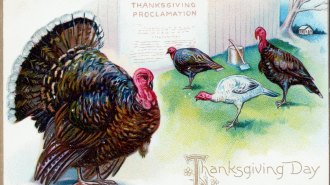 Science & Society
Science & SocietyWhy the Thanksgiving myth persists, according to science
The science of collective memory — and a desire for clear origin stories — may explain the endurance of the Thanksgiving myth despite a messier reality.
-
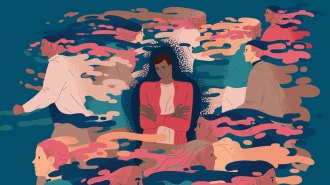 Psychology
PsychologyWhy scientists are expanding the definition of loneliness
Feeling detached from animals, places and routines can cause loneliness, researchers are learning, which may expand the list of interventions.
-
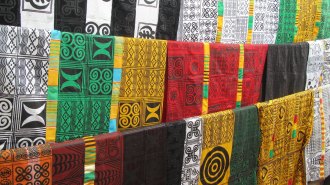 Math
MathNon-Western art and design can reveal alternate ways of thinking about math
Focusing on the relationship between math and culture can boost student learning and expand mathematical knowledge, researchers say.
-
 Science & Society
Science & SocietyCurbing pedestrian stops might not reduce police-civilian encounters
In Chicago, traffic stops soared as pedestrian stops fell. Single policy changes therefore don’t tell the whole policing story, researchers say.
-
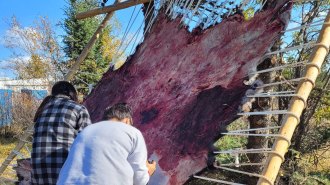 Psychology
PsychologyAn apology to Indigenous communities sparks a mental health rethink
The leading U.S. psychological association pledged to embrace Indigenous approaches to healing, which requires rethinking how to address mental health.
-
 Climate
ClimateNature’s changing colors makes climate change visible
The world’s color palette is shifting in response to climate change. Seeing these changes in nature firsthand is a powerful communication tool.
-
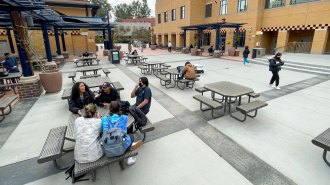 Science & Society
Science & SocietyCalifornia’s long-standing affirmative action ban hints at what’s to come
Alternative race-neutral polices to affirmative action have fallen short in encouraging diversity in California schools, research shows.
-
 Psychology
PsychologyBoys experience depression differently than girls. Here’s why that matters
Boys’ depression often manifests as anger or irritability, but teen mental health surveys tend to ask about hopelessness.
-
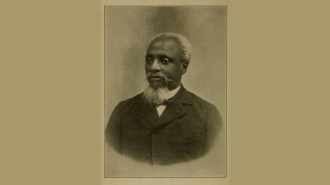 Science & Society
Science & SocietyAnténor Firmin challenged anthropology’s racist roots 150 years ago
In The Equality of the Human Races, Haitian scholar Anténor Firmin showed that science did not support division among the races.
-
 Science & Society
Science & SocietyDeliberate ignorance is useful in certain circumstances, researchers say
The former East German secret police, the Stasi, spied on people for years. But when given access to the Stasi files, most people didn’t want to read them, researchers found.
-
 Health & Medicine
Health & MedicineTrauma distorts our sense of time and self. A new therapy might help
The therapy has helped veterans struggling with mental illness imagine their future selves.
-
 Science & Society
Science & SocietyLots of people feel burned out. But what is burnout exactly?
Researchers disagree on how to define burnout, or if the phenomenon is really another name for depression. Helping people cope at work still matters.